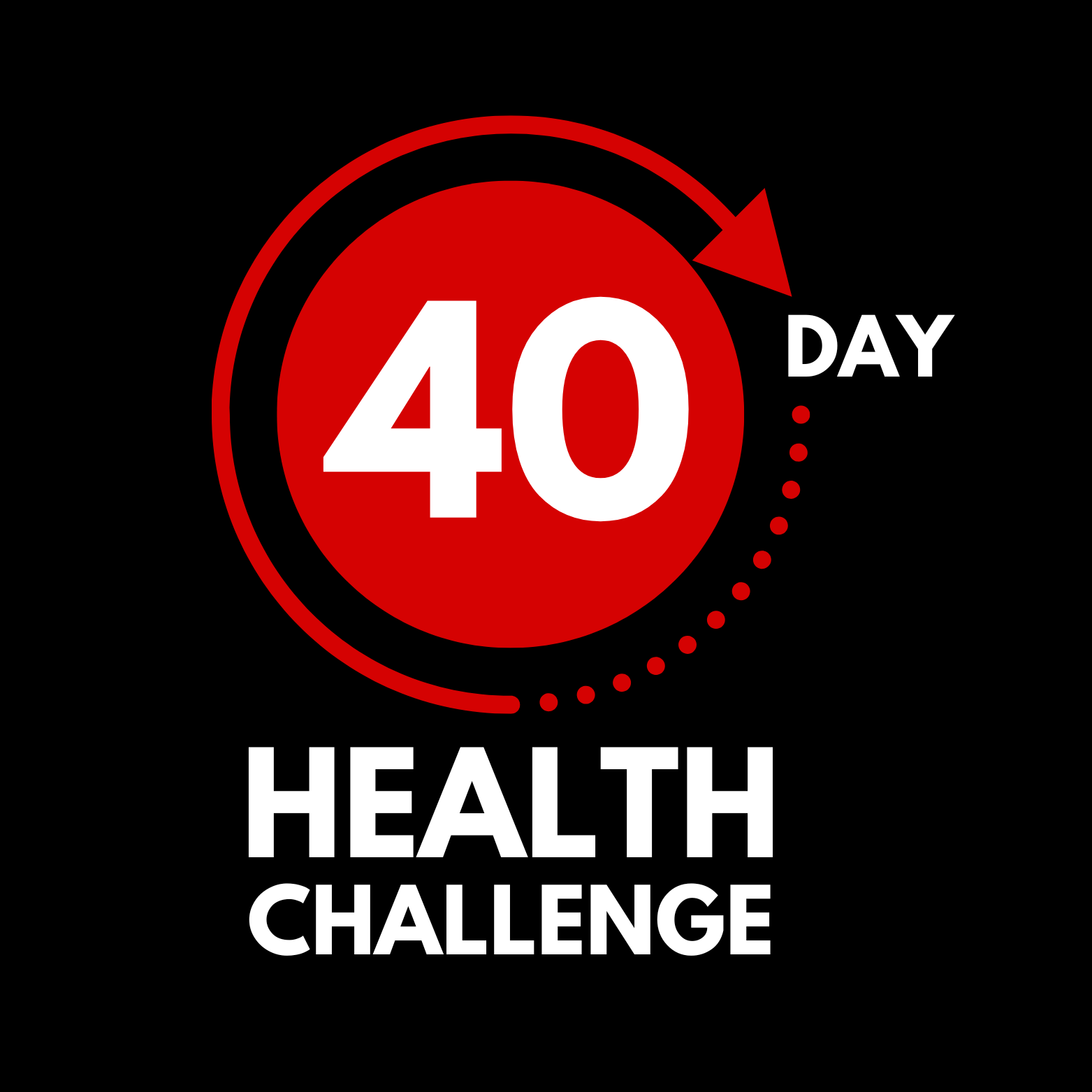
Skin Diseases
Dr Steve Karagainnis is the founder and owner of Skin Check Ireland. He is an Australian Skin Cancer Doctor as well as a GP. His special interest and training is in Early Skin Cancer Detection using a hand-held magnifying device called a dermatoscope to visualise features of pigmented and non-pigmented skin lesions that are not seen by the naked eye. Dermoscopy is the gold standard for detecting melanoma at its earliest identifiable stage.
www.skincheck.ie



